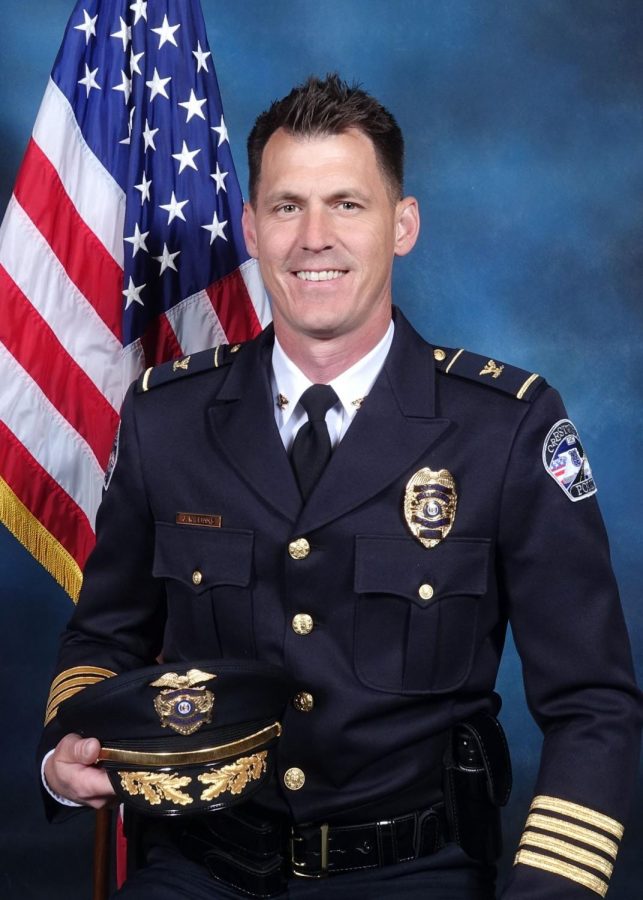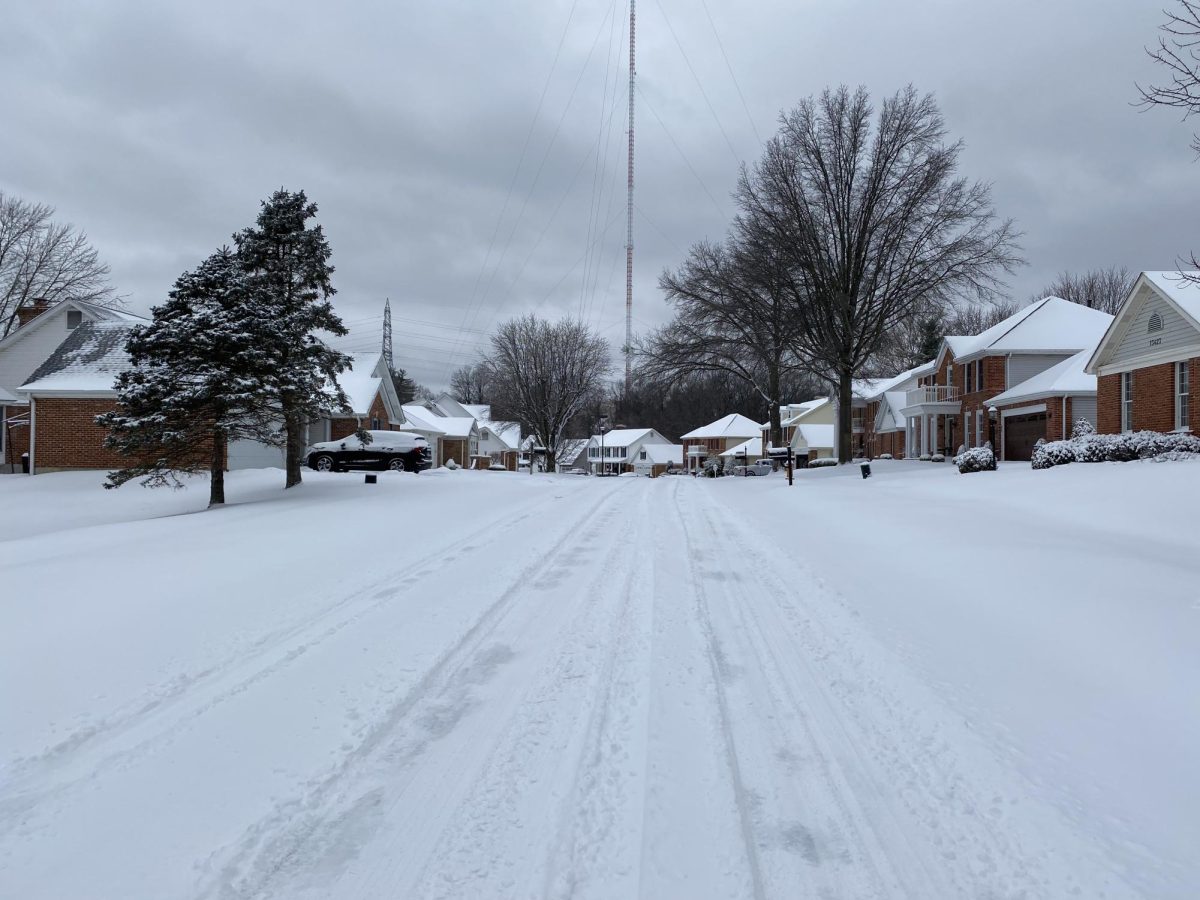The Missouri Supreme Court dealt a blow last week to residents hoping to upend the county’s trash-collection districts by ruling that the program did not need voter approval.
In a 5-2 decision handed down July 19, the high court upheld a county circuit court’s dismissal in January 2010 of a class-action lawsuit filed by three unincorporated residents.
Plaintiffs Cathy Armbruster of Lemay, Paul Marquis of Fenton and Mike Weber of Oakville in September 2009 sued the county and waste haulers Allied Waste, IESI and Veolia Environmental Services, which pulled its operations out of the St. Louis area last October.
The residents wanted the haulers to refund households all the fees they’ve collected since they began exclusively serving the eight trash districts in unincorporated areas roughly three years ago. District residents must contract with their designated hauler or face prosecution.
“I am disappointed in the court’s opinion …,” Armbruster told the Call. “We gave it our best shot, fighting for citizens’ rights and to get this monopoly trash program stopped and the freedom to choose a trash hauler. Now that the county has won they can continue taking the citizens’ rights away little by little and treating them as puppets.
“I am sure we will meet again on the battlefield,” she added.
Deputy County Counselor Robert Grant said simply that the county is “pleased” and “we certainly agree” with the court’s decision.
Plaintiffs contended the trash program is illegal and void because the county did not put it to a vote as they claimed is required by the Charter, and also because it did not provide waste haulers with a state-required two years’ notice before establishing trash districts.
They cited a section of the county Charter that states the County Council “shall have, by ordinance, the power to … provide for the creation of districts in the unincorporated areas of the county within which may be provided … garbage and refuse collection and disposal, and such kindred facilities as the voters therein by a majority of those voting thereon may approve, the same to be paid for from funds raised by special assessment, general taxation or service charge …”
However, in a majority opinion written by then-Chief Justice William Ray Price Jr., the high court ruled that the trash districts did not have to go to a vote because they are simply “geographic areas” and because residents do not pay the county for waste collection.
“Although the county enforces the waste collection program with the threat of prosecution, the county’s citizens have independent contracts with the trash collectors,” the opinion stated. “In establishing the waste collection program, the county merely divided the unincorporated county into geographic areas in which haulers were designated to provide collection services and selected the haulers to provide services within these areas.
“Because the County does not collect any moneys from its citizens for the trash collection services” the argued Charter provision does not apply, the opinion stated.
Supreme Court Judges Mary Russell, Patricia Breckenridge, Zel Fischer and Laura Denvir Stith concurred with Price. Dissenting were Judges Michael Wolff and new Chief Justice Richard Teitelman.
Wolff in the dissenting opinion described the case as “simple.”
He contended the Charter requires a vote of the people before establishing trash districts, which “would seem to be appropriate and follows from the fact that a private garbage hauler is to be given an exclusive right in the residents’ district to collect garbage and impose a fee for the service.
“This is not a case in which a bedrock principle of democracy is at stake,” Wolff wrote. “I simply disagree with the majority’s reading of the county Charter provision. I would reverse the circuit court’s judgment and let the voters have their way with their garbage.”
Lester Stuckmeyer, attorney for the group Citizens in Opposition to Monopoly Trash Districts and co-counsel for the plaintiffs, said the court’s majority opinion smacks of a “very political decision.”
He said Wolff correctly noted in his dissent that nowhere in the county Charter does it state that the county must collect a service charge for areas to be considered “districts.”
“How can they say the difference is based upon whether or not the county is collecting money?” Stuckmeyer said. “Let’s look at it this way: I’m walking down the street, someone points a gun at me and says: ‘Hand your wallet over to the guy next to me.’ I guess it’s not a crime because I didn’t give my money to the guy pointing a gun at me. I gave my money to somebody else. Either way I got a gun pointed at my head.
“These citizens have a gun to their head: threat of prosecution. And whether the county’s collecting the money or not, they’re … entering into a contract on behalf of the citizens and then enforcing that contract. And simply because they don’t collect the money, then they’re free to impose that upon their citizens without their citizens having a right to consent to it.
“That to me is absolutely shocking,” Stuckmeyer added, “and I think it was shocking to the chief justice (Teitelman), who concurred with the dissent … It’s a flawed analysis, and when you have such a blatantly flawed analysis, you wonder if it isn’t a political decision.”
The state Supreme Court also ruled the plaintiffs lacked standing to challenge the county’s failure to comply with a state law requiring two years’ written notification to waste haulers before establishing the trash districts.
“Appellants argue that they have taxpayer standing because taxes will be spent on St. Louis County’s trash district ordinances and program. (The state statute) is not related to the establishment of the trash collection program, it merely mandates that existing haulers receive notice before they are replaced,” the opinion stated. “The appellants, however, have not pleaded any facts that taxpayer funds were expended due to the lack of notice to the trash haulers. The appellants fail to connect the challenged action failure to give notice to the existing haulers and a pecuniary loss or public expenditure incurred by the taxpayers.”
The court also tossed out the plaintiffs’ claim that the county violated the state Merchandising Practices Act.
The state Supreme Court agreed to hear the case earlier this year after a Missouri Court of Appeals panel also upheld circuit court Judge Robert Cohen’s dismissal.
There are four other lawsuits pending related to the trash-district program and at least two of them contain claims similar to the class-action litigation.
In one, north county resident Greg Porter and south county resident Brett Buchanan also contend the program should have been put to a vote. That case is pending in the Missouri Court of Appeals.
Another class-action suit filed in 2009 claims the recycling fees associated with the county’s waste management program are a tax that violates the state constitution’s Hancock Amendment, which requires political subdivisions to seek voter approval before “levying any “tax, license or fees.”
That case is pending before the state Supreme Court with oral arguments set for Sept. 14. The high court referenced the Hancock Amendment in last week’s ruling, stating: “The crucial component of these laws is an increase in the governmental entities’ revenue, not the activity conducted by the governmental entity.”
Grant said, “There are some similarities especially with the Buchanan case and the other voting case … So we would hope that the Supreme Court’s decision would indicate to the Court of Appeals how the court feels on that particular issue and then see what the Court of Appeals then does with that.”
The other two trash-related lawsuits against the county are related to the state’s two-year notice provision. In one, haulers American Eagle Waste, Meridian Waste and Waste Management are awaiting a ruling on damages from circuit court Judge Barbara Wallace.
The other suit was filed by hauler Environmental Trash Co., which tried unsuccessfully to intervene in the former case, Grant said.








